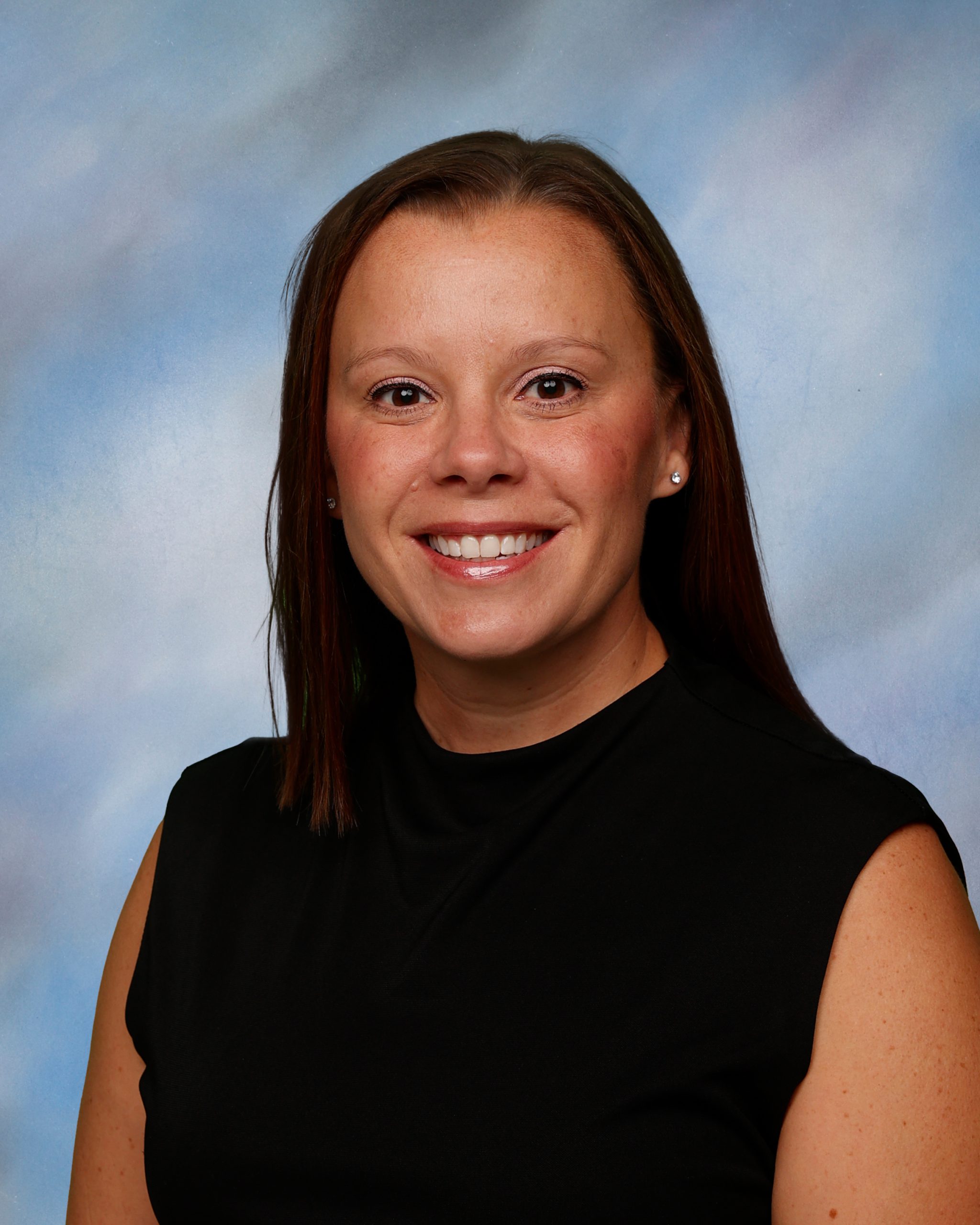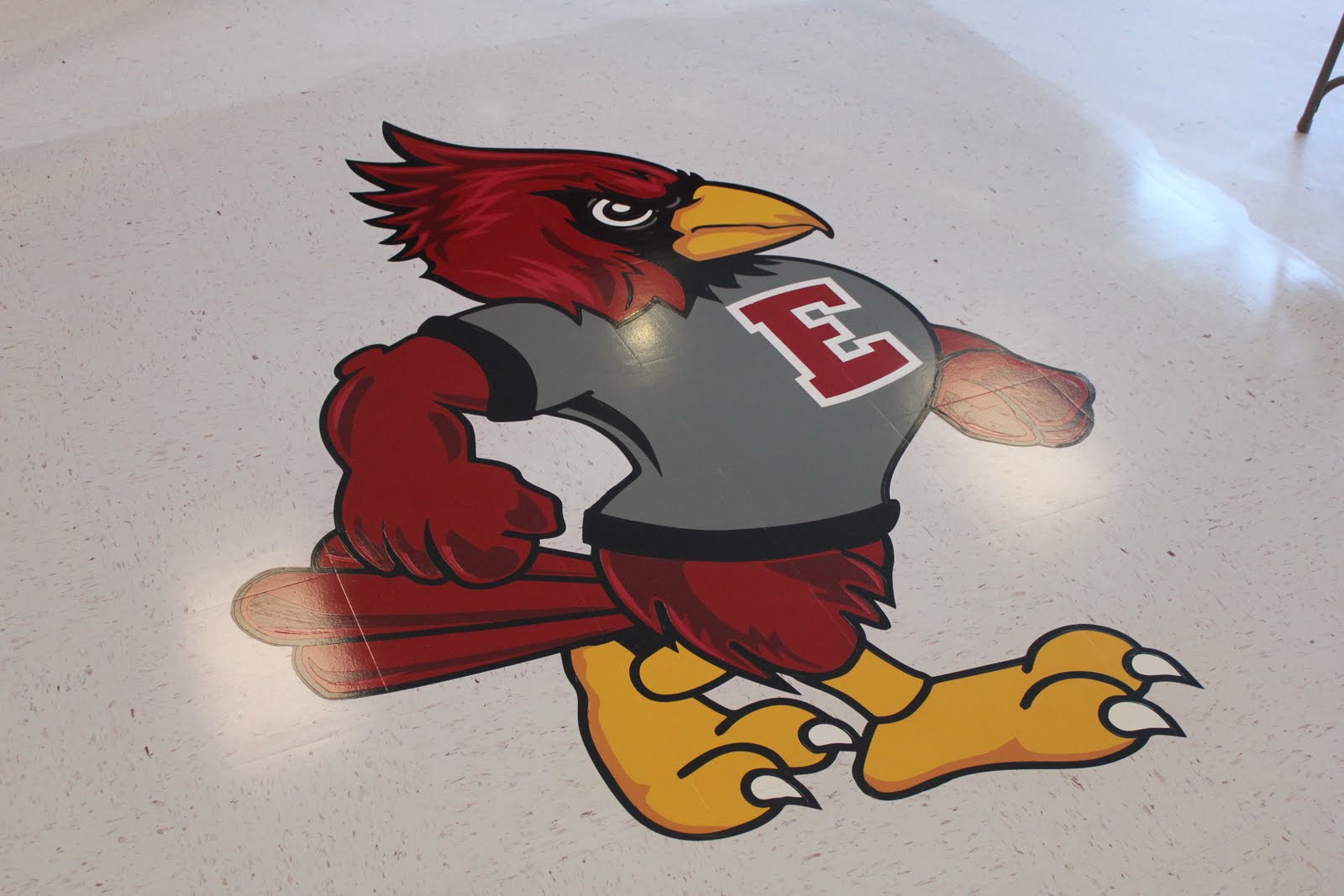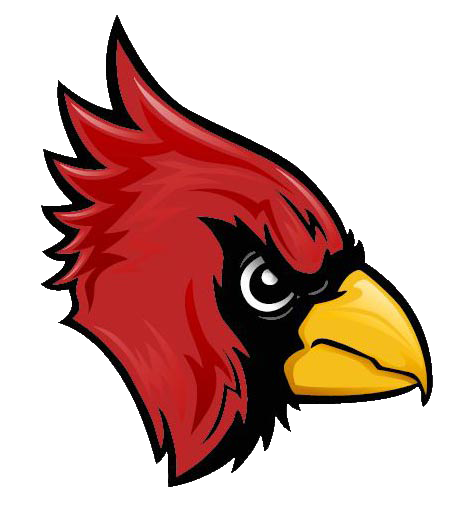EPS School Counselor
Resources and links for our students

What is School Counseling?
School counseling is a comprehensive program designed to promote and enhance student performance and achievement by addressing the academic, career, and personal/social needs of all students. The program is administered by professional counselors and is delivered through individual counseling, classroom guidance, and small group counseling. The term “guidance counselor” has changed to “school counselor” as their expected duties are more extensive than that of a vocational guidance counselor.
Nursing Career Info
-
Nursing Career Information: https://www.registerednursing.org/nursing-careers/#show
-
Nursing Salary Information: https://www.registerednursing.org/rn-salary/#show
-
How to Become a Nurse: https://www.registerednursing.org/how-to-become/#show
Parent / Student Resources
Crisis Resources
- National Suicide Prevention Lifeline: 1-800-273-8255 (TALK) or 1-701-235-7335
-
FirstLink: 211
-
Prairie St. John’s: 701-476-7200 or 1-877-333-9565
-
Eating Disorder Hotline: 1-800-931-2237
-
Kid Help: 1-800-543-7283
-
National Youth Crisis: 1-800-448-4663
-
Drug/Alcohol Addiction: (877) 650-5238
-
Boys Town National Hotline – call, text, chat, or email
School Based Therapy Services
-
Anna McLean, 701-404-0048
annam@betterdaystm.com
What are the different types of counseling?

Academics
Academic counseling may include:
- teaching study skills
- teaching test-taking skills
- academic planning
- discussing graduation requirements
- assisting with course selection
- exploring individual learning styles

Career
Career counseling may include:
- exploring careers and career fields using various career exploration material
- administering career interest inventories
- using personality assessments to match students with potential careers
- helping students match individual strengths with career plans
- helping students develop plans for what they will do after high school
- exploring colleges, technical and trade schools, apprenticeship, military and other employment opportunities
- helping with college admission applications
- assisting with preparation for college admission tests like the ACT
- teaching scholarship search techniques
- educating students about and assisting them with the financial aid application process

Personal/Social
This type of counseling involves addressing students’ needs through one-on-one counseling relationship in matters such as peer pressure, conflict resolution, family relationships, personal identity issues, grief and loss, suicide, child abuse, substance abuse, school dropout prevention, motivation and achievement concerns.
Testing for Juniors
ASVAB
- No cost to students
- Test is administered in September at EPS
- Administered by a National Guard representative and interpreted by a National Guard representative.
- Aptitude test and career planning tool that will help you
- Understand, identify, and organize information about your skills , interests, and work related values
- Identify suitable occupations to investigate and pursue based on your own skills interests and values
- 8 test areas
- 3 scores
- Verbal, math, science/technical
- Represent academic and occupational skills and capacity to learn particular skills
- ASVAB review course: http://www.mometrix.com/blog/free-asvab-test-prep-course/
ACT
- No cost to students (when taken on test day at EPS)
- Test is in March at EPS
- There are several national test dates and sites; however, the student is responsible for the cost of registering/taking the test. The test that ALL juniors take at EPS, is free.
- National College Entrance exam that tests students in the area of mathematics, English, science and reading.
- The test takes approximately 3.5 hours to complete or just over 4 hours if taking the ACT-plus writing.
- Scores range from 1(low) to 36 (high)
- Want to practice? Visit RUREADYND.COM (testgear) and http://www.actstudent.org/sampletest/
PSAT
- Cost: $15/test
- Test is administered in October at EPS
- Takes approximately 3 hours to administer
- Measures critical reading, math-problem solving, writing skills
- Qualifying scores enter the national merit scholarship competition (top 10% of scores taken on the test day)
- Good preparation for SAT (if students plan on taking it)
- Scores are not reported to colleges
SAT
- Cost: $52.50
- The SAT tests the skills in reading, writing and math.
- The reading section includes reading passages and sentence completions.
- The writing section includes a short essay and multiple-choice questions on identifying errors and improving grammar and usage.
- The math section includes questions on arithmetic operations, algebra, geometry, statistics and probability.
Scoring:
- Each section of your SAT (critical reading, mathematics and writing) will be scored on a 200- to 800-point scale, for a possible total of 2400. You’ll also get two “subscores” on the writing section: a multiple-choice score from 20 to 80, and an essay score from 2 to 12.
The SAT is made up of 10 sections:
- A 25-minute essay
- Six 25-minute sections (mathematics, critical reading and writing)
- Two 20-minute sections (mathematics, critical reading and writing)
- A 10-minute multiple-choice writing section
Total test time: approximately 3 hours and 45 minutes
- Want to practice? Visit http://sat.collegeboard.org/practice/
Scholarship Resources
Jan - Feb
- ND Farmers Union – https://ndfu.org/youth/scholarships/
- Nursing Scholarships – https://nurse.org/healthcare-leaders/
- ND Corn Growers Association – https://ncga.com (search scholarships)
- GE-Regan Foundation Scholarship – https://www.reaganfoundation.org/education/scholarship-programs/
- FFA Scholarships – https://www.ffa.org/scholarships
- Daughters of the American Revolution – http://www.dar.org/natsociety/edout_scholar.cfm
- American Welding Society Scholarship – https://www.aws.org/foundation/page/scholarships
March - April
- North Dakota Stockmen’s Foundation Scholarship – http://www.ndstockmen.org/foundation/foundation-scholarships/
- Foundation for Rural Services-http://www.frs.org/youth-programs/college-scholarship-program
- Richard Bronson Scholarship – ND Grocers –http://www.ndgrocers.com/?id=38&ncid=1&nid=948
- Jan Jordan Scholarship – ND League of Cities – http://www.ndlc.org/index.aspx?nid=130
- Home Builders / Fargo – https://www.hbafm.com/hbc/scholarships
- *Ruben T. Guenthner Scholarship- http://www.nd.gov/cte/students/RTGScholarship.html
- *ND Dollars for Scholars – http://www.northdakota.dollarsforscholars.org/index.php?section=chapterWebsite&action=main&fwID=788
- ND American Legion Scholarships – https://www.ndlegion.org/scholarships/
- ND Farm Bureau Scholarship – http://www.ndfb.org/?id=123
- Bismarck Cancer Center Foundation Donna Johnson Memorial Scholarship – www.bismarckcancercenter.com
ND Community Foundation Scholarships
May - June
-
Associated General Contractors of North Dakota – http://www.agcnd.org/
-
NDACo Scholarship – http://www.ndaco.org/programs_and_services/institute-of-local-government-ilg/scholarships/
-
ND Game Warden Scholarship –gf.nd.gov (search scholarships)
-
NDVMA Scholarship – ND Veterinary Association – http://www.ndvma.com/index.asp?Type=B_BASIC&SEC={3F99D90D-8FA7-4D55-A3ED-1578575C92AF
-
North Dakota Scholarship – https://www.dpi.state.nd.us
-
James River Soil Conservation District –https://www.jamesriverscd.org/jrscd-scholarship
Aug-Dec
Local Scholarships
Acciona Windfarm
-
Due Date: March 31st
Ellendale Area Chamber of Commerce Scholarship – https://ellendalend.gov/chamber/
-
Due Date: First Monday in April
Brayson Kappenman “I believe” Memorial Scholarship
-
Due Date: April 15th
Choice Financial
-
Due Date: April 15th
Ellendale Education Association Scholarship
-
Due Date: April 15th
Ellendale Farmer’s Union
-
Due Date: April 15th
Oakes Community Hospital
-
Due Date: April 22nd
Prince of Peace Scholarship – Health Care Field – $500 or two $250 scholarships awarded
-
Due Date: April 29th
Starion Community All-Star Ellendale Scholarship
-
Due Date: May 2nd
ELLENDALE PUBLIC SCHOOL
Phone: 701-349-3232
Address: 321 N 1st St, Ellendale, ND 58436
Mailing: PO Box 400, Ellendale, ND 58436

